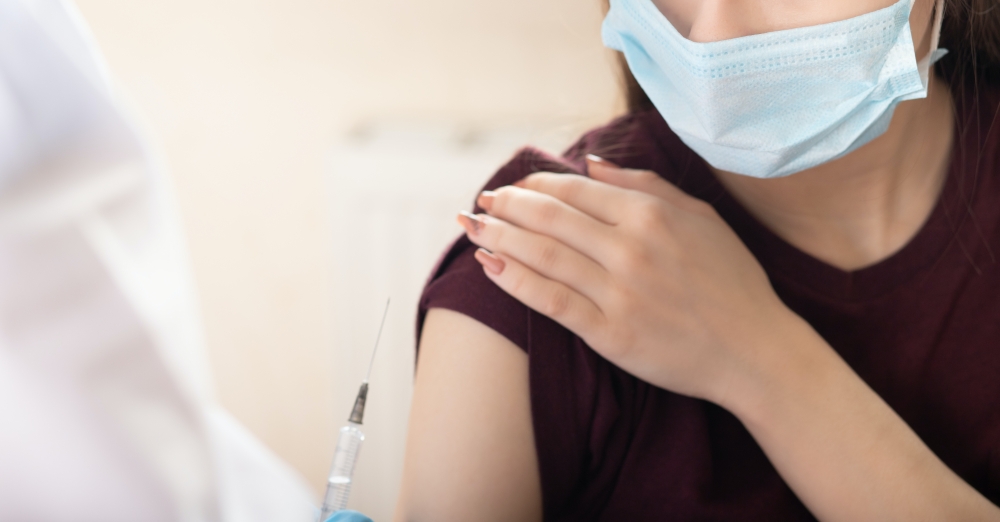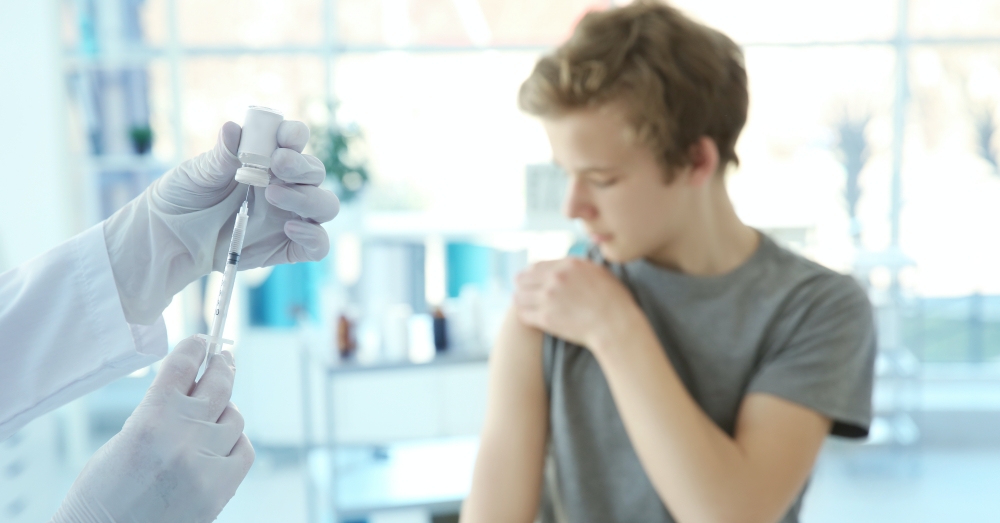
Diabetes Vaccine Shows Promise of Preserving Insulin Production in Clinical Trials
For about a century, people with type 1 diabetes have been relying on exogenous insulin therapy to keep them alive from the time of their diagnosis to the end of their lives. And before the discovery of insulin as a treatment for diabetes in 1922, people with this condition typically died of it at a young age, because their bodies attacked and killed their own insulin-producing cells and they wer no longer able to regulate their blood sugar levels.
Now, however, researchers believe they may have an answer to the question they’ve been asking for decades: How can we keep people with diabetes from being dependent on insulin therapy for their entire lives?
The answer, at least for some individuals, may come in the form of a vaccine. Research at the Linköping University suggests that immunotherapy to defend against type 1 diabetes may be possible with the aid of an injectable protein called GAD.

When GAD-alum is injected into the lymph nodes, it causes a reaction in the immune system and, theoretically, makes the immune system more tolerant to GAD65, one of the proteins that the immune system typically attacks in the case of type 1 diabetes. If the immune system becomes more tolerant of GAD65, then it will stop damaging the cells that produce insulin, allowing the body to function as it should.
Even if the damage cannot be completely stopped, slowing it down also helps, as Johnny Ludvigsson, senior professor in the Department of Biomedical and Clinical Sciences at Linköping University, explains:
“Studies have shown that even an extremely small production of insulin in the body is highly beneficial for patient health,” he says. “People with diabetes who produce a certain amount of insulin naturally do not develop low blood sugar levels, hypoglycemia, so easily. They have also a lower risk of developing the life-threatening condition ketoacidosis, which can arise when the insulin level is low.”

In a randomized and double-blind clinical phase-2 study called DIAGNODE-2, Ludvigsson and his colleagues investigated whether an injection of GAD-alum (Diamyd) into the lymph nodes of young people diagnosed with type 1 diabetes within the last six months could help them continue to produce insulin over time. About half of the participants had the HLA-DR3-DQ2 variant of HLA genes, predisposing them to type 1 diabetes genetically by exposing the GAD65 protein to the immune system.
Of the 109 participants, roughly half were given a placebo, while the other half were given three GAD-alum injections, each one month apart, along with vitamin D tablets. The participants’ natural insulin production was measured at the beginning of the study and after 15 months. Participants were also evaluated on their change in HbA1c, how much supplementary insulin they required, and other measures.

For some participants, namely those who did not have the DR3-DQ2 variant of HLA genes, there was no difference between the placebo and the GAD treatment. However, for those participants who did have the DR3-DQ2 variant, GAD-alum treatment had a positive impact on the preservation of their bodies’ ability to make insulin.
“The patients in the subgroup with the DR3-DQ2 type of HLA genes did not lose insulin production as quickly as the other patients. In contrast, we did not see any significant effect in the patients who did not have this HLA type,” says Ludvigsson.
In other words, the vaccine shows promise in preserving insulin production in type 1 diabetics, but it will only be useful for certain individuals. In the future, people with recently diagnosed type 1 diabetes may need to get tested for the DR3-DQ2 variant to determine their treatment options.

“Treatment with GAD-alum seems to be a promising, simple, and safe way to preserve insulin production in around half of patients with type 1 diabetes, the ones who have the right type of HLA. This is why we are looking forward to carrying out larger studies, and we hope these will lead to a drug that can change the progress of type 1 diabetes,” says Ludvigsson.
The researchers saw no side effects to the vaccine during the study, making this vaccine a promising one. Although it’s sad that it can only help about half of people with type 1 diabetes, it could be life-changing for those it is able to help. We can’t wait to see what happens next with this breakthrough!